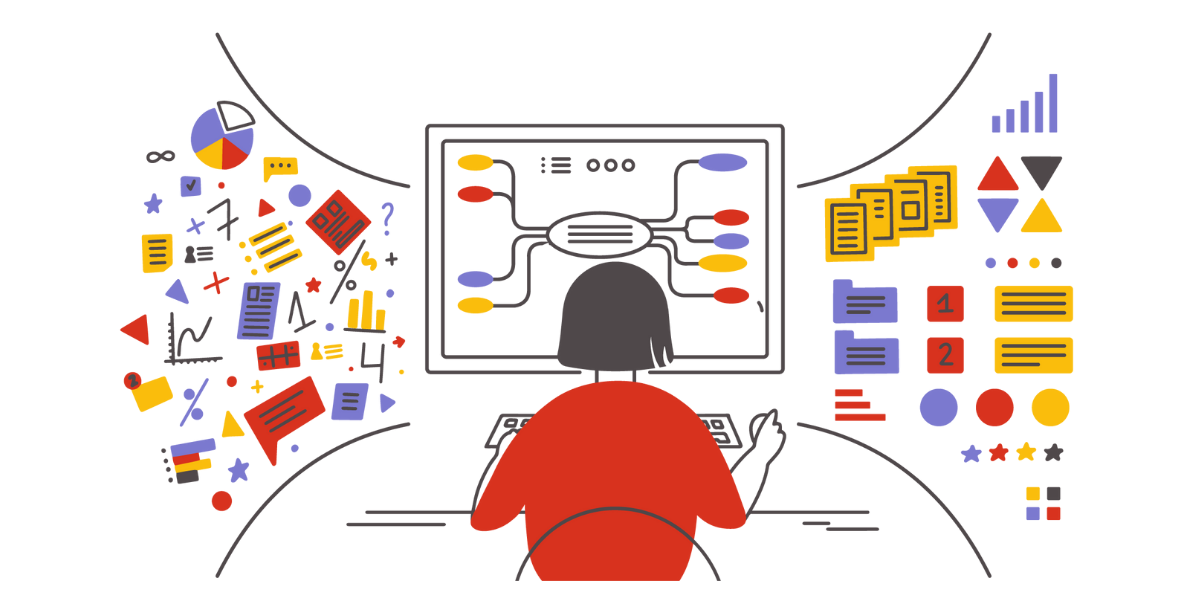New B.S. degree program to teach students how to collect, analyze data for fast-growing fields.

Illustration by iStock
Beginning Feb. 7, University of Maryland undergraduates will be able to select a social data science major to learn the fundamentals of the in-demand field.
Developed by the College of Information Studies (iSchool) and College of Behavioral and Social Sciences (BSOS), the major will equip graduates with the skills needed to appropriately collect, analyze and interpret data about people—an increasingly popular field due, at least in part, to social media.
“Before, the typical way of collecting data might have been by going out and doing face-to-face or telephone surveys, but there is a lot more that is possible in terms of data collection today,” said Brian Kim, a co-director of the new major and an assistant research professor in BSOS’ Joint Program in Survey Methodology. “Now you can collect data through online surveys or surveys on smartphones, and there are different ways of analyzing that data, and, most importantly, different ways to handle that data in terms of privacy, ethics, bias, fairness and equity.”
Procuring and processing such social data will be explained in classes covering programming, statistics, data visualization, questionnaire design and more. The major was designed to be inclusive of students whose quantitative or programming backgrounds are still developing; calculus, for example, is not a major requirement.
“We are thrilled to be able to offer undergraduate students at University of Maryland a major in social data science that will prepare students for emerging careers in the public and private sectors, where understanding human behavior and data science together are absolutely essential,” said BSOS Associate Dean Katherine Russell. “Students who are willing to invest the time and energy can accomplish their academic and professional goals in social data science, even if they did not have access to upper-level math courses earlier in their academic careers.”
Prior to this, the only way to gain social data science training at the undergraduate level was through concentrations in computer science and business, plus piecing together certain iSchool and BSOS courses.
To satisfy the 51-59 credit requirement and earn the new B.S. degree, students will need to select one of several social science tracks: African American studies, anthropology, economics, geographical sciences and GIS, government and politics and international relations, psychology, sociology or, coming in Fall 2022, public health science. They’ll also need to complete a capstone project.
“It’s becoming increasingly evident that data scientists need not just technical knowledge, but subject-specific knowledge to solve problems in real-world contexts,” said Katie Shilton, co-director of the major and an iSchool associate professor. “Data is never a-contextual: the context that data is taken from really matters to what it means and what problems it can help solve.”
Original article published by Maryland Today on January 28, 2022.